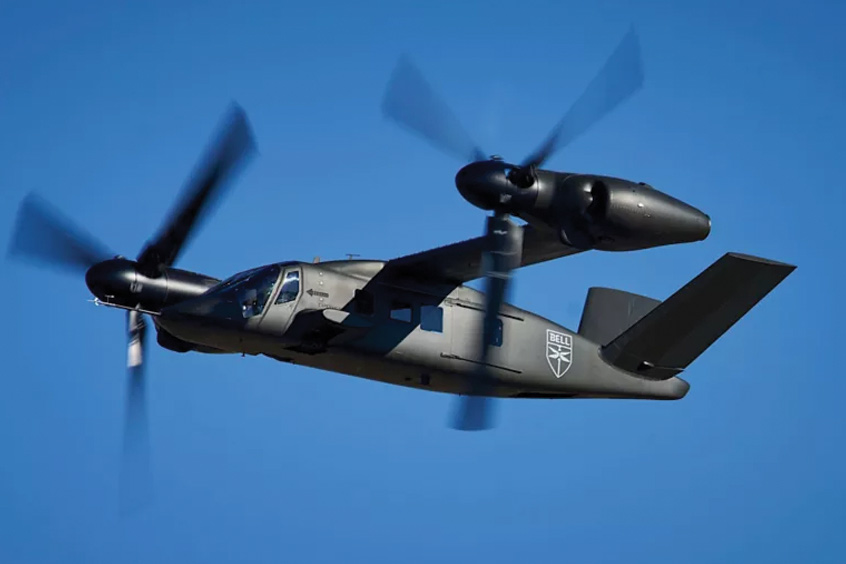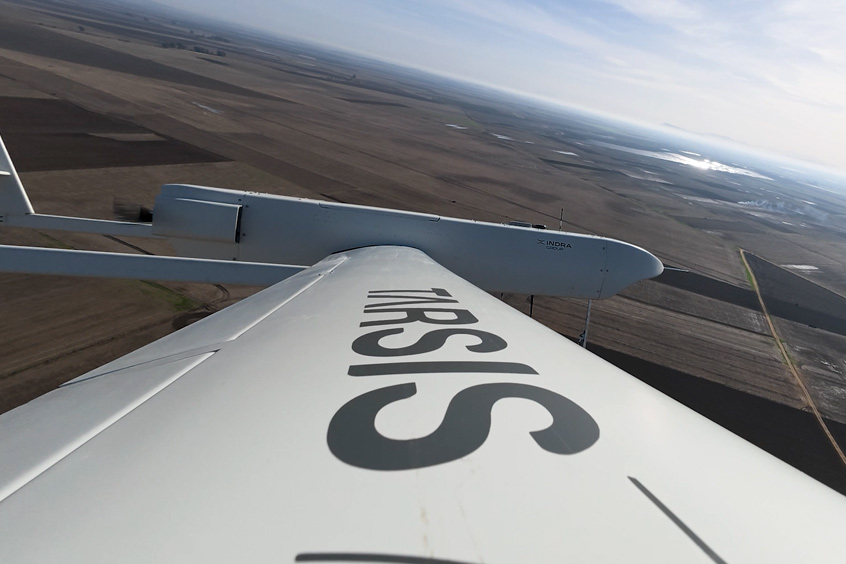Airflow is developing what it claims will be the first electric Short Take-Off and Landing (eSTOL) aircraft designed for middle-mile logistics. Airflow's aerial logistics network can move short-haul cargo quickly and cost-effectively over traffic by utilising the unused airspace around cities.
Five former Airbus Vahana team members, who have over 60 years of combined aerospace experience, started Airflow when they determined eSTOL aircraft could address the Urban Air Mobility (UAM) market for one-third the operating cost of electric Vertical Take-Off and Landing (eVTOL) aircraft. UAM is a transportation system using next-generation aircraft to move cargo and people in and out of urban areas by air.
The need for rapid middle-mile logistics capabilities (between 50 - 200 miles) is growing significantly due to e-commerce growth. To address that need, Airflow's aerial logistics service can move cargo and time-sensitive medical supplies directly between warehouses without using traditional airports. Airflow's eSTOL aircraft requires less than 150 feet to take off and land using a 300-foot runway, about the length of three helipads next to each other.
Airflow's first eSTOL aircraft includes an electric propulsion system, single-pilot operations, and the ability to carry 500 lbs of cargo. This aircraft is a relatively simple fixed-wing aircraft, which dramatically reduces development and certification risk when compared with more complex aircraft. From a certification standpoint, eSTOL aircraft are conventional aircraft with new technology that is focused on enabling short-field capabilities. eSTOL aircraft can be certified under standard Part 23 regulations, whereas eVTOL aircraft must be certified using a more complicated and expensive process due to their more complex systems and potential failure modes.
"The demand for same-day e-commerce continues to rise, and we're building a new low-cost aerial capability to enable that growth," states Marc Ausman, co-founder & CEO, "Our approach from the beginning is to focus on a simple aircraft design with well-defined new technology. In doing so, the team believes development and certification costs will be approximately $200m versus more than $700m for an eVTOL aircraft, making for more efficient use of capital."
Airflow is an aerial logistics company building next-generation aircraft and services.
| Contact details from our directory: |
Weekly news by email:
See the latest Bulletin, and sign up free‑of‑charge for future editions.

Honeywell supplies LED landing search light for MV-75

Indra advances UAV collision avoidance with 360-degree detection trials

Northrop Grumman delivers 1,500th F-35 centre fuselage from Palmdale
Kratos expands in Birmingham with systems integration facility